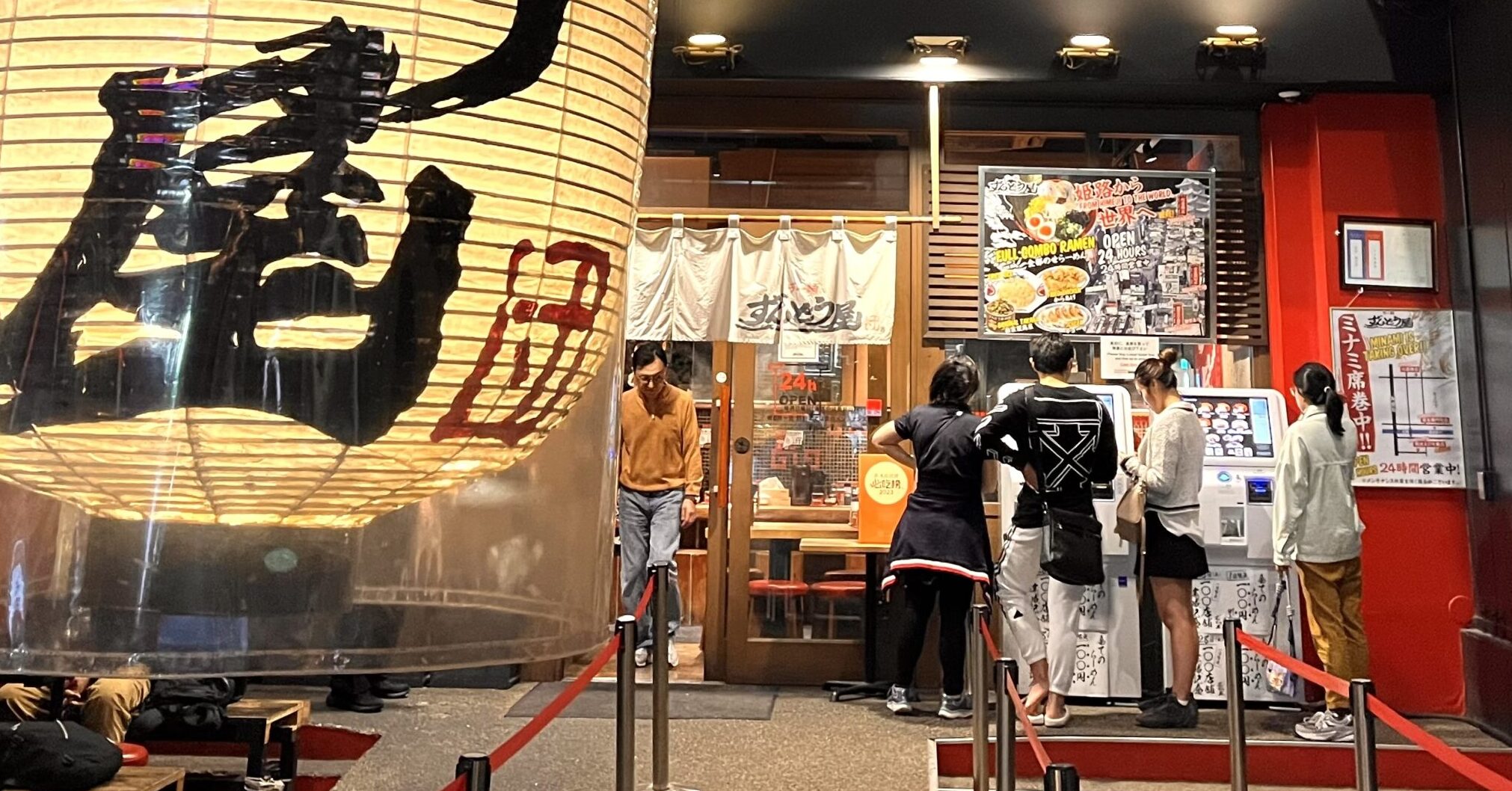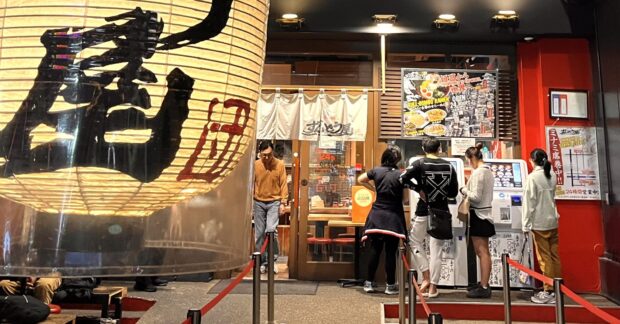Just in time for the holidays is this compostable, plant-based cling wrap that’s perfect for food prep, storage and preservation. Could this “greener” alternative end our obsession with food-grade plastic film?
“Clingy” but won’t stick for long
Eco-nvert Packaging Supplies is selling this “eco-mpostable cling wrap” for P125 for a pack of three 30-meter rolls. Made of bioplastic polylactic acid (PLA) derived from corn starch, cassava, sugar cane or sugar beet and biodegradable random copolymer polybutylene adipate terephthalate (PBAT), this wrap breaks down in 180 days in home compost and 84 days in a commercial compost facility. However, if it ends up in a landfill, it may take two to five years to break down, but still, just a fraction of the thousand years it takes for plastic to disintegrate.
Other than being a compostable alternative, this “better” cling wrap brings with it a list of other benefits. Made from plants, it is supposedly non-toxic and bisphenol A (BPA)-free. It is also certified by Swiss multinational inspection, verification and testing company Société Générale de Surveillance (SGS) as food-, microwave-, oven and freezer-safe. Just take note of its “expiry date” as it only retains its durability for a year.
Like many other plastic alternatives, this cling wrap claims that it does not decompose into far more destructive microplastics, and instead breaks down into nutrients that can be integrated into the soil. The General Trias, Cavite-based supplier of eco-mpostable cling wrap adds that it is worm-friendly, suggesting that it can be processed in vermicompost with worms.
It is, however, hardly the first plant-based alternative to be introduced in the country. Another option introduced earlier is a generic home compostable brand that sells for P199 and promises the same 180-day breakdown.
A tree for every five packs sold
So what sets this newcomer apart? A commitment that for every five packs sold, a bamboo plant will be planted somewhere in the country.
In partnership with non-profit global reforestation initiative One Tree Planted, Eco-nvert Packaging Supplies said bamboo trees will be planted “to aid in restoring water cycles, preventing erosion and reducing catastrophic flooding. It will also support the local economy and provide jobs to indigenous and impoverished communities.”
According to One Tree Planted’s website, the species of trees planted in the Philippines through its initiative varies per location. “Depending on the needs of each section of habitat being restored, species may include rainforest trees such as dipterocarps, agroforestry species such as native fruit trees and giant bamboo, or mangrove seedlings,” it said.
Will you switch to this compostable alternative?













































